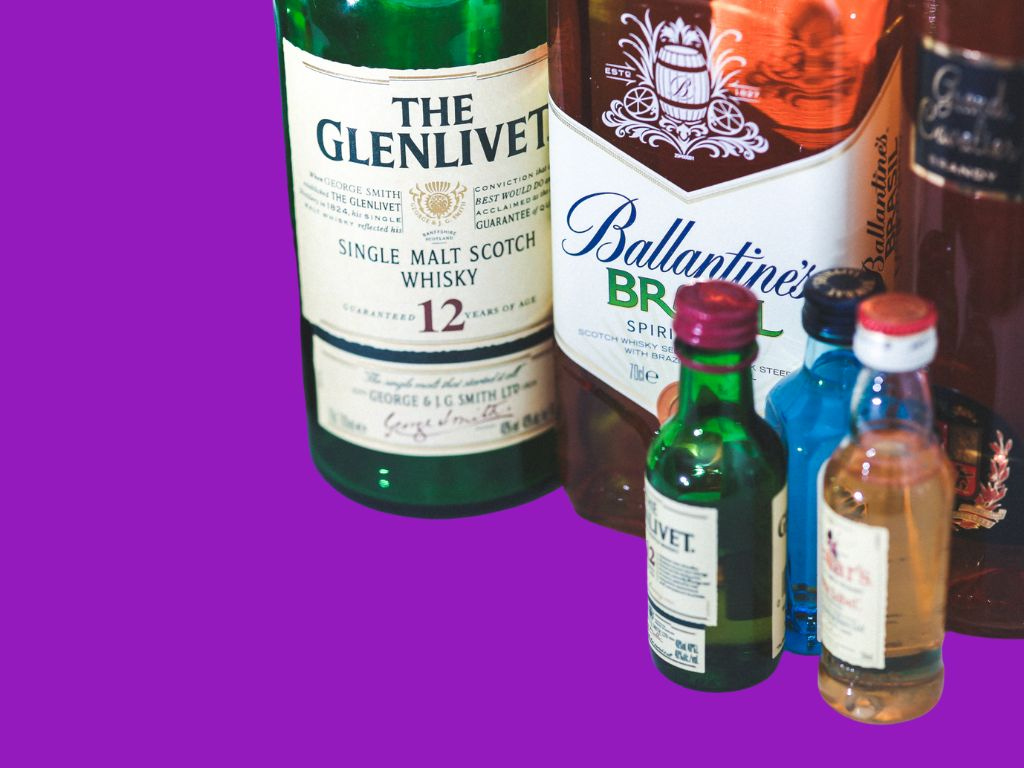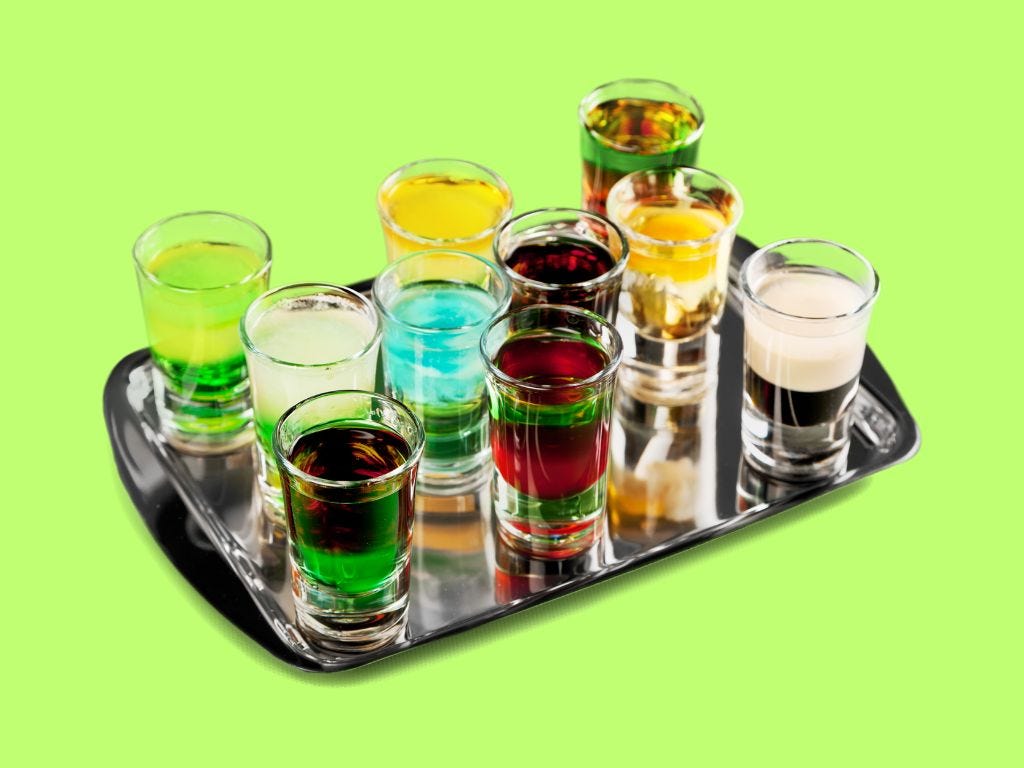Is that glass of wine helping or hurting? 🧠
What the science says and how to drink smarter if you're not giving it up
There’s plenty of mixed messages about alcohol.
One minute you hear red wine supports heart health, the next it’s linked to a shrinking brain and cancer.
Some say it helps you relax or sleep, but even a couple of glasses can leave you feeling sluggish the next morning.
Putting binge drinking to one side, is the occasional glass a problem - or not?
What we’ll cover today:
What happens to your gut after two vodka cocktails
How much is too much? A quick guide to alcohol limits
Is the occasional drink good for you - or just wishful thinking?
Why alcohol research is so confusing
7 realistic ways to drink in a way that works for you (paid subscribers)
What happens in your gut when you drink?
Alcohol affects nearly every organ in your body – including your brain, gut, liver, and immune system.
Even a single binge drinking session can disturb the gut and set off your body’s alarm bells.
A study found that just 30 minutes after drinking the equivalent of two vodka cocktails, healthy people had higher levels of fragments of gut microbes in their blood (some still present 24 hours later), and raised inflammation.
The researchers believe this happened because alcohol likely made the gut temporarily more “leaky.” It weakened the gut’s protective barrier by disrupting the tight junctions between cells.
These junctions normally act like gatekeepers, keeping microbes and their by-products safely inside the gut.
But when they’re loosened, fragments like endotoxin (LPS) and bacterial DNA can slip through into the bloodstream, triggering low-grade inflammation.
This was a small study of 25 adults, and while these effects were temporary, it gives us a window into how alcohol may influence gut health and inflammation, especially if you’re drinking often, and a lot.
How much is a unit of alcohol - and what are the alcohol guidelines?
In the UK, alcohol is measured in units. One unit is 10ml (or 8g) of pure alcohol, about what the average adult can process in an hour.
Here’s what that looks like:
A small (125ml) glass of wine = 1.5 units
One (25ml) shot of spirits = 1 unit
A pint of beer or lager = 3 units
The UK guidelines recommend no more than 14 units a week, spread across several days with a few drink-free days in between.
That’s up to 6 pints of beer or 10 small glasses of wine across the week.
Is the occasional alcoholic drink ok?
For years, people thought a glass of wine here and there might be good for your heart. Some early research showed that people who drank small amounts of alcohol had lower rates of heart disease than those who drank a lot - or didn’t drink at all.
But recent reviews have cast serious doubt on this idea.
In 2016, the UK reviewed the latest science to update its alcohol guidelines. The experts found that any small benefit to heart health from low levels of drinking is very uncertain, and likely overstated.
And even if there is a tiny benefit for the heart, it’s outweighed by other risks. Alcohol is linked to higher risk of cancer, liver disease, and injuries, even in small amounts.
Then in 2023, the World Health Organization said even more clearly, there’s no safe level of alcohol. Alcohol is classed as a class 1 carcinogen, and even light drinking has been linked to breast, bowel, and liver cancers.
And it’s not just the heart. A large 2022 study using brain scans from over 25,000 people found that even light-to-moderate drinking (like as little as 7-14 units a week, about a small glass of wine a day) was linked to a smaller brain volume. The type of alcohol didn’t change the results either.
So yes, the occasional alcoholic drink is okay in the sense that it carries far lower risk than heavy or regular drinking. But it's not risk-free.
Where’s the confusion come from?
Healthy lifestyle, not the alcohol: Moderate drinkers often eat better, exercise more, and have higher incomes - so it’s their lifestyle, not the alcohol, that may explain the lower risk seen in some studies.
A large study of over 370,000 people in the UK Biobank found that when these lifestyle factors were taken into account, the heart benefits of moderate drinking disappeared.
Earlier studies included people who had quit drinking because of poor health: Older studies included people who quit drinking because they were unwell, making non-drinkers look less healthy by comparison.
A review of 54 studies found that when researchers removed these “sick quitters,” moderate drinking no longer appeared to have benefits for heart health.
I don’t want to give up alcohol completely, so what can I do?
Are some types of alcohol better than others for your health?
Keep reading with a 7-day free trial
Subscribe to Second Brain to keep reading this post and get 7 days of free access to the full post archives.










